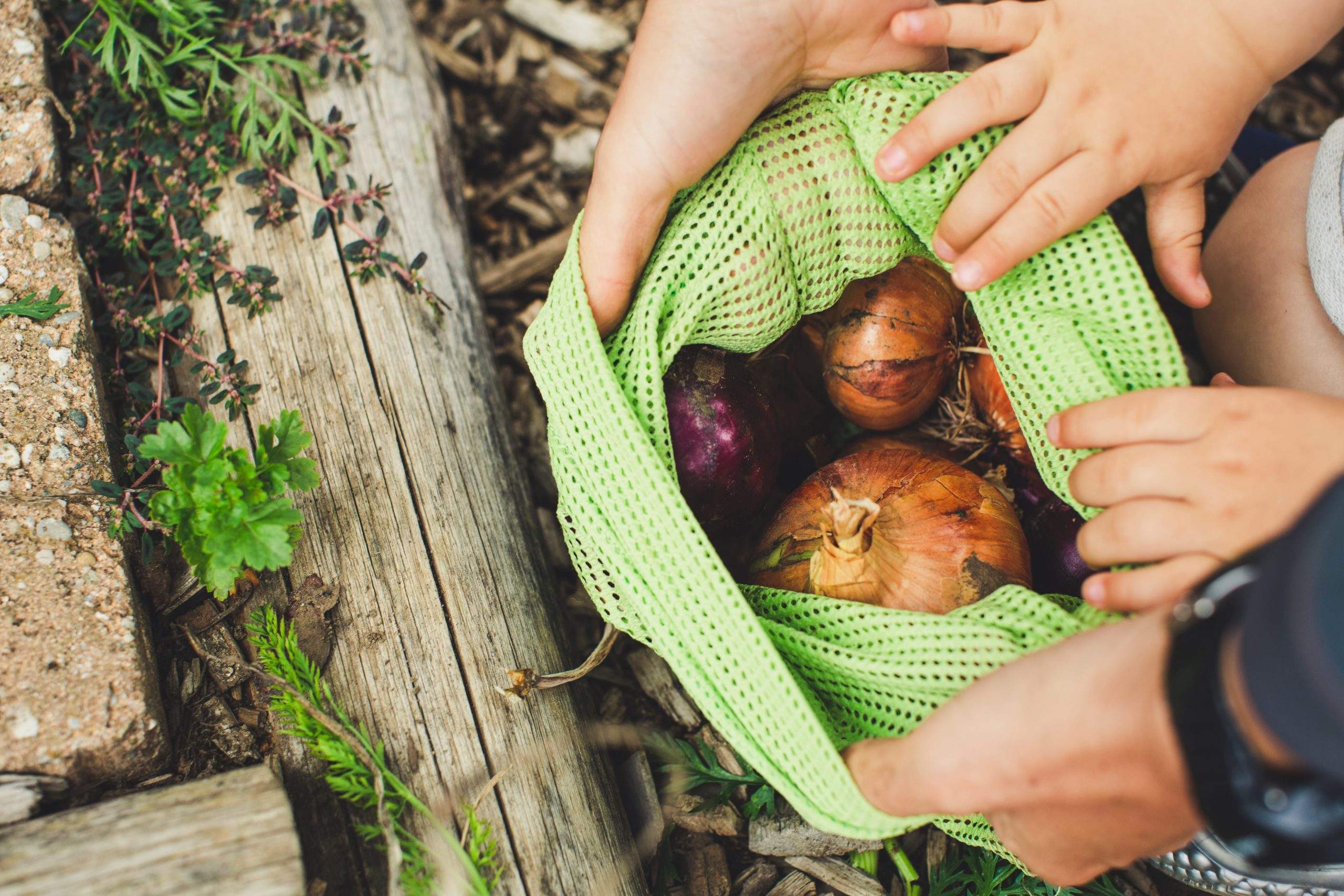“Every year, 1.3 billion tons of edible food goes to waste around the world. France has been deeply committed to fighting this deeply problematic issue for several years now.”
Thanks to a panoply of laws, France is one of the countries that has made the most progress in terms of fighting food waste. It all started in 2013, when a National Pact was signed, with a goal of reducing food waste by half by the year 2025. An ambitious but necessary objective, considering how dizzying the figures are. Loss or disposal of consumable goods accounts for 10 million tons of waste in France each year, representing a sales value that has been estimated at €16 billion.
To achieve the Pact’s goal, France has passed several emblematic laws, including the much commented upon 2016 law against food waste. One of its key provisions required supermarkets over 400 m² (4,300 square feet) to find a food-bank partner to whom they could donate their unsold food items, rather than tossing or destroying them. The law also prohibits the destruction of food that is still edible. Several countries – including Italy, just a few months later, Peru and Finland – have followed France’s lead. In 2018, following the Law to promote balanced commercial relationships in the agricultural and food sector and healthy, sustainable food, France’s anti-waste measures were strengthened: institutional food services as well as the farming and food-processing sector now have to offer their unsold produce to food banks, too.
Anti-food waste apps
The most recent initiative is that the government is preparing a national “anti-food waste” label to reward waste-reduction efforts in food distribution and food services.
While the administration is highly mobilized, France also stands out for how committed its businesses are. Last year, supermarkets and big-box stores began providing “anti-waste” shelves where consumers can find bruised or slightly damaged, but still perfectly edible, items, or ones that have nearly reached their sell-by dates, at reduced prices.
Digital technology has also enabled innovative waste-reduction tools. The “Too Good To Go” app, for example, which was launched four years ago, allows individuals to purchase “Magic Bags” with (unspecified) unsold items at unbeatable prices. The start-up, which recently raised €25 million, now boasts 24 million “Waste Warrior” users, including 8 million in France. Another initiative, Save Eat, has developed an app that suggests recipes for whatever’s left in their fridge. Because although the focus tends to be on food waste in supermarkets, it should be remembered that consumers are believed to be responsible for one-third of all food waste in France.
